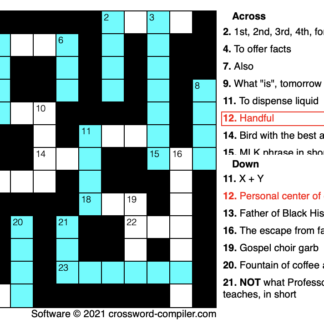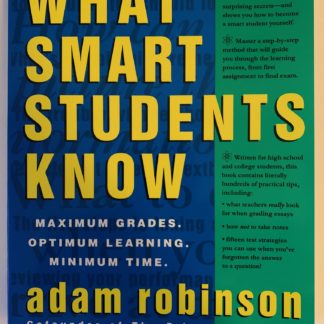Introduction
One of the books that lingers in the background of the mission driving Achievement Factors is Our Kind of People, by Lawrence Otis Graham. It lingers because it presents a way of looking at the world that is discordant with the one I’m trying to foster with these efforts. I’ve touched on the book in a previous post, but I raise it again because as of this writing, Fox has just broadcast a second episode of a show that they named after it. In the eponymous show, two Black families are set in contrast to each other on Martha’s Vineyard, a residence for many and a vacation island for many others in Massachusetts. The fictitious story the show attempts to tell draws from the elitist themes of the original book, but wraps them in so much social dysfunction it might snuff out the light of self-discovery that the original book can kindle.
Category: More Personal
These posts seek to offer insight through personal narrative rather than research and policy. They are intended to be read more casually.
Opportunity Cost
Someone I greatly respect told me a few days ago that I was too old to pursue a PhD. “Once you get past 30 (as of this writing, I am well past that age), you won’t get admitted to a program from an elite school,” he added. In the moment that he said, “you’re too old”, time slowed down. I then sank into an inescapable vertigo as I reached out to take hold of an ambiguous ambition.
Momentum Part II: An Example
When my oldest son graduated Summa Cum Laude from the Georgia Institute of Technology with a degree in computer science…

..earlier in May, he signified the kind of intergenerational momentum I discussed in a 2020 blog post. To state that part of his momentum comes from his grandparents is perhaps to state the obvious. What wouldn’t be obvious is the specificity of a connection that he shares with one of his grandmothers.
Playing to Win

This month I planned on following up on last month’s topic,
early experiments in African American education, with a history of educators offering progressive commentary on them. Instead, I can’t get past a recent self-discovery and reflection. While I have been doing some light coding for years to automate small features on MS Access databases, or to build data visualizations, there was always something about coding loops (iterative processes) that always took time for my mind to process.
Suddenly this week, as I was working on a small challenge to clean up data in a database field, my mind presented to me a loop that would fix the problem. How does this happen?

